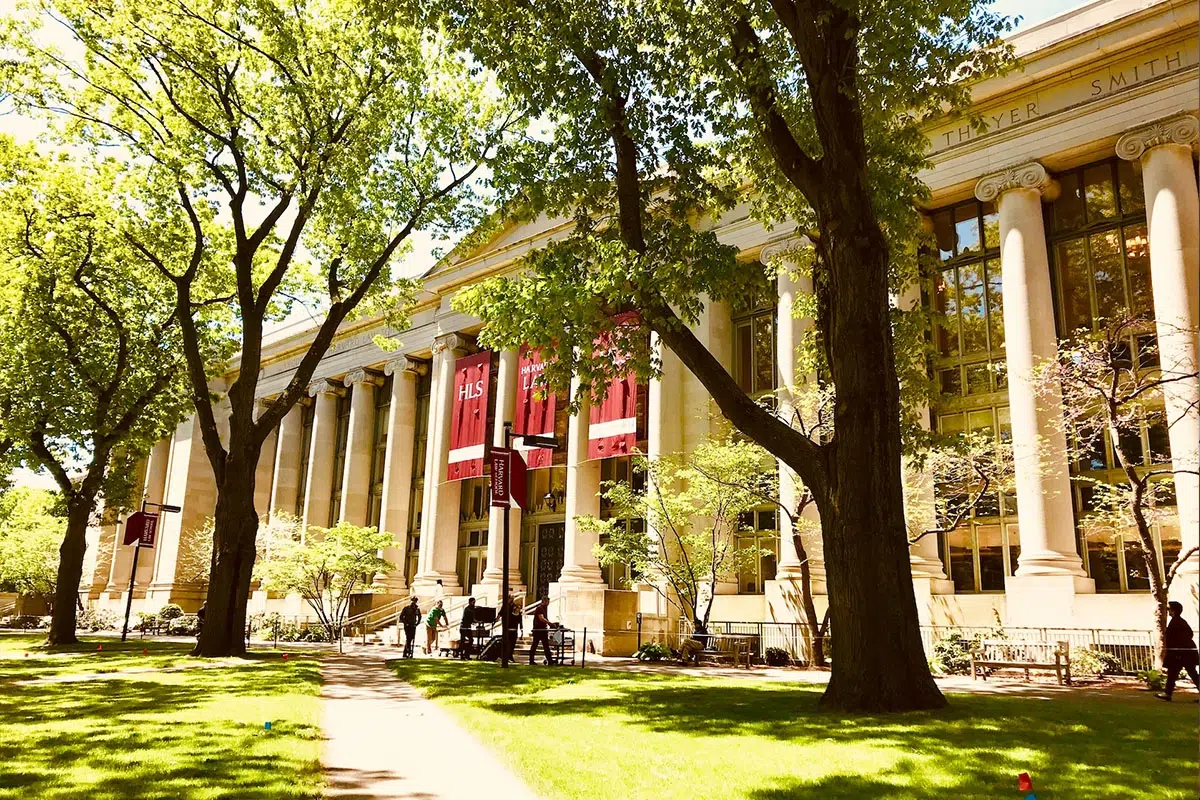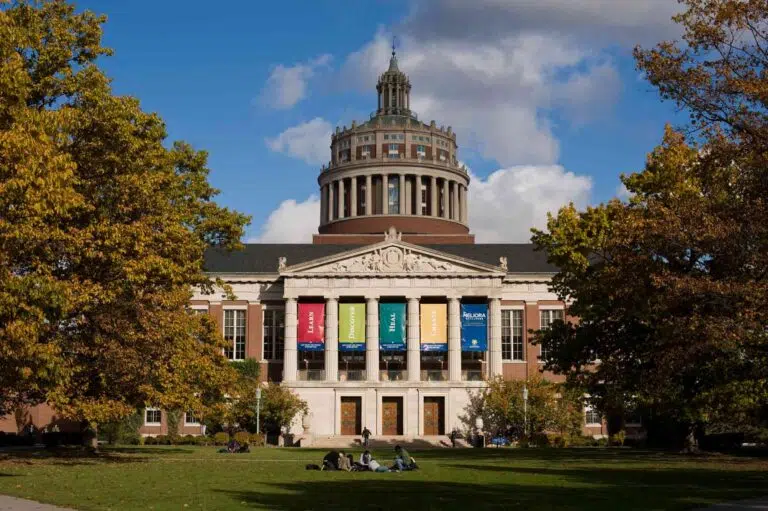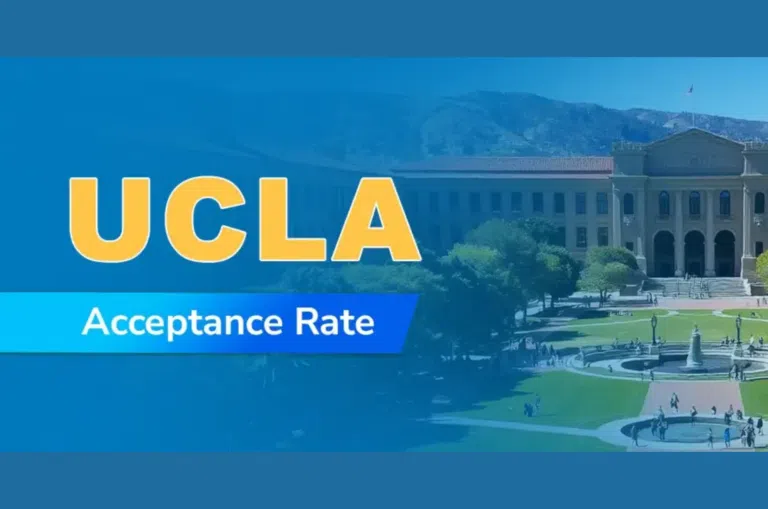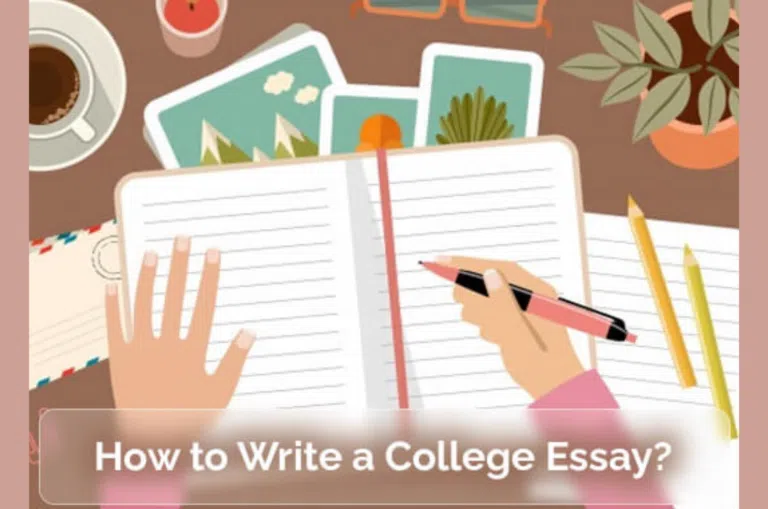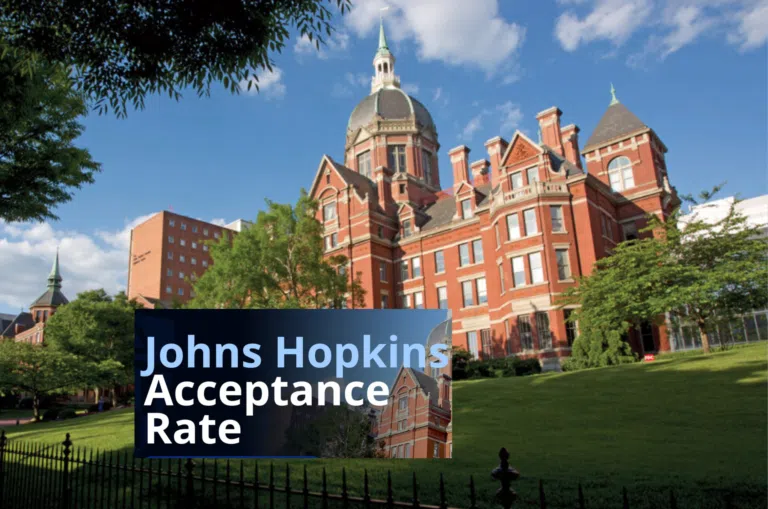For many students and families aspiring to a higher education experience in the United States of America, the Ivy League remains the pinnacle of educational achievement. Irrespective of whether they are right in that belief, the reality is that if pushed to name a US college many families of international students would name an Ivy League institution. Every year more and more students apply to one of the eight colleges that make up the Ivy League, drawn by their mix of high academic achievement, social prestige, wonderful facilities and extensive networking opportunities. If you are one of those who dream of walking the campuses of these colleges, here is what you need to know and eight tips on what it takes to win a coveted acceptance letter.
What is an Ivy League college?
Many people get confused about just what makes an Ivy League college and which colleges make up the eight.
Strictly speaking the term ‘Ivy League’ as we know it today, refers to an athletics conference that was formed in 1954, the original members of the conference were a small group of elite colleges all located in the north-eastern United States. The ‘Ivy’ in the title is supposedly down to the ivy that grew on the outside walls. Many people think that these eight colleges represent the ‘top’ colleges in the United States, but that is not the case. The eight colleges that make up the Ivy League are all highly ranked and will be found in the top 20 of any ranking listing, but there are many other highly selective and elite colleges that are not included in the list of Ivy League institutions.
The Ivy League colleges are (in order of age)
· Harvard University founded 1636
· Yale University founded 1702
· University of Pennsylvania founded in 1740
· Princeton University founded 1746
· Brown University founded 1746
· Dartmouth College founded 1769
· Columbia University founded 1754
· Cornell University founded 1865
How to get accepted?
If you aspire to attend one of these colleges you will need to consider each of the eight tips below.
1. Challenge yourself
If you spend time exploring the websites of Ivy League colleges you will frequently come across words like ‘growth’ and ‘potential’ when describing the type of student they look for. What they mean by this is they want people who are willing to push themselves. Attending any of these institutions is going to involve hard work, they expect a great deal from those that study there, so they want to ensure that those they accept will respond positively to that pressure.
To be competitive your application will need to show that you have taken every opportunity to challenge yourself. This means that you will have taken the most rigorous subjects, in the most rigorous curriculum available to you. If the curriculum is not considered to be as rigorous on an international scale then you should have done additional courses, such as AP’s or A Levels in subjects that you are most passionate about. Beyond academics, you will also have challenged yourself through your extra-curricular activities and by attending the most competitive summer programmes.
2. Grades
Having great grades in school is one of the top ways you can help yourself get accepted. Colleges will look at your overall Grade Point Average or GPA across the last four years of high school, an average GPA across the Ivy League is a weighted 4.0.
Below is the average GPA for the class of 2024, in each of the Ivy League colleges.
· Harvard University 4.1
· Yale University 4.19
· University of Pennsylvania 3.93
· Princeton University 3.9
· Brown University 4.08
· Dartmouth College 4.06
· Columbia University 4.16
· Cornell University 4.04
There is no doubt about it, these are tough grades to achieve, but don’t despair if perhaps you don’t have top marks across all subjects in each year since Grade 9. Firstly remember that these are average GPAs, which means that some students will not have quite such a high GPA. The other thing is that you can overcome a poor score in Grade 9 or 10 by showing improvement, incremental increases in your grades year on year demonstrate your commitment and show you are on the right track.
3. Standardised test scores
Traditionally, after GPA, the next most important element of an applicants profile has been their performance in standardised tests such as SAT or ACT. Across the eight colleges only Cornell, at 1480, has had an average SAT score of below 1500, while average ACT scores range from 32 to 34.
For the 2019/2020 application round and now for the 2020/2021 cycle, colleges, including the Ivy League, have gone ‘test optional’ meaning that applicants can choose if they want to submit standardised scores or not. The holistic review process carried out by the colleges means that they will make decisions on acceptance based on all of the information they receive and colleges say that not sending in a standardised test score will not disadvantage applicants.
How this has worked out in practice is difficult to know, colleges have so far been largely silent on the number of applicants who have not submitted test scores and been accepted. Initial figures from the early application rounds at UPenn indicate that those students that did submit test scores held a statistically significant advantage in the admission process. If the Ivy League colleges continue to offer test optional applications then these early figures would suggest that having a high standardised test score will improve your chances of being accepted, but it is not as critical as previously.
4. Apply early
Part of the reason why Ivy League colleges are considered to be elite is their low acceptance rate, of the percentage of applicants that are actually offered a place at the university.
The application rates for the class of 2025 are:
· Harvard University 3.43%
· Yale University 4.62%
· University of Pennsylvania 5.68%
· Princeton University 3.98%
· Brown University 5.40%
· Dartmouth College 6.17%
· Columbia University 3.68%
· Cornell University 8.52% (approximated)
If you compare these figures against the acceptance rates for students applying in the early applications rounds in November, the picture is somewhat different.
· Harvard University 7.4%
· Yale University 11.4%
· University of Pennsylvania 14.9%
· Princeton University (Suspended early round applications in 2020/21)
· Brown University 16.0%
· Dartmouth College 21.2%
· Columbia University 10.1%
· Cornell University (Not reported)
The acceptance rates for early round applications are still tough but applying early offers a significant advantage over applying in the regular round.
5. Strong extra-curriculars
Strong extra-curricular activities represent the third pillar of what makes a strong application profile. While it’s true that there is no such thing as a bad extra-curricular activity, some extra-curricular activities are more impressive to colleges than others.
To build a strong portfolio of extra-curricular activities to submit to the Ivy’s you should consider how well the various activities fit into the story you will be presenting. Look at how the activities you are spending time on fit with what you intend to study at college. While exploring a wide range of activities in Grade 9 is often not a problem, if you continue in the same vein for the rest of your high school years, you will come across as unfocused and lacking direction. Instead of doing lots of activities, work to do a few, but to a great depth. Doing an activity, regularly, over a few years shows qualities that Ivy League colleges look for, perseverance, consistency, commitment. A prolonged engagement with an activity also suggests a greater understanding of what you are involved in.
The final element you want to display is that your extra-curricular activities are significant. Remember you are applying to some of the most selective colleges in the world, so your activities need to make you stand out. For the Ivy’s, an activity will have significance if it results in some form of recognition or validated outcome. This could include having an academic paper published in a reputable journal, a gallery exhibition of your artwork, writing a book, and having it published by a recognised publisher.
6. Connections
One thing that can give you a considerable advantage in the application consideration process is something that you will have no control over, legacy. Ivy League colleges, together with most others, will actively favour students whose parents or siblings attending that college for their undergraduate studies. It is estimated that 10 – 15% of students admitted to the Ivy League colleges have some form of legacy. The principal reason why they favour these students is that it encourages their alumni to continue their support of the college even after they have left.
If you are not fortunate enough to have family that has attended an Ivy League college, there are still things that you can do. Find professors whose work you are interested in and work to develop a contact with them, perhaps through social media or email. This needs to be done with great care, you don’t want them to feel that you are only contacting them so that you will help them get into college, or worse, that you are stalking them!
7. Share your story through your personal essay
Your essay is the point in your application where you can really let the readers at the colleges see who you are. Some of the best essays we see are where students have spent time reflecting on the values beliefs and circumstances that make them who they are. There are lots of exercises that students can do to help them explore who they are but try to write with passion, creativity and a degree of openness as this is what will help draw the reader to you.
One thing that will rule you out of the running, no matter how engaging your writing, is poor grammar and spelling, so spell check your essay and get other people to read it to help identify any problems before you submit it.
8. Excel in interview
With the exception of Cornell, all of the Ivy League colleges recommend that applicants accept an interview by a member of their alumni community. While a great interview won’t get you into a college if the rest of your application is week, a bad interview can result in you being placed in the ‘No’ pile.
Preparing for your interview should start when you are building your college list. For each college, go over their website in detail, reflecting on what it is about the course and the college that makes you want to go there and how you expect to benefit from the experience. Be ready to talk about what you have done at school and in your extra-curricular activities and through your answers demonstrate your ability to think critically. The person interviewing you will want to see that you know about the college in detail and be able to gauge how seriously you want to attend.
Final Word
If you follow through with each of the eight tips in this article you will have improved your chances of being accepted by the Ivy of your dreams, but it is still a chance and there is no guarantee that you will be one of the few that are accepted.
Every student needs to realistically assess their fit for each of the Ivy League colleges but also apply to some of the other wonderful colleges that the United States has to offer. Remember, if you are competitive for the colleges that make up the Ivy League, then you will also be competitive for many other great schools.


